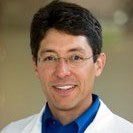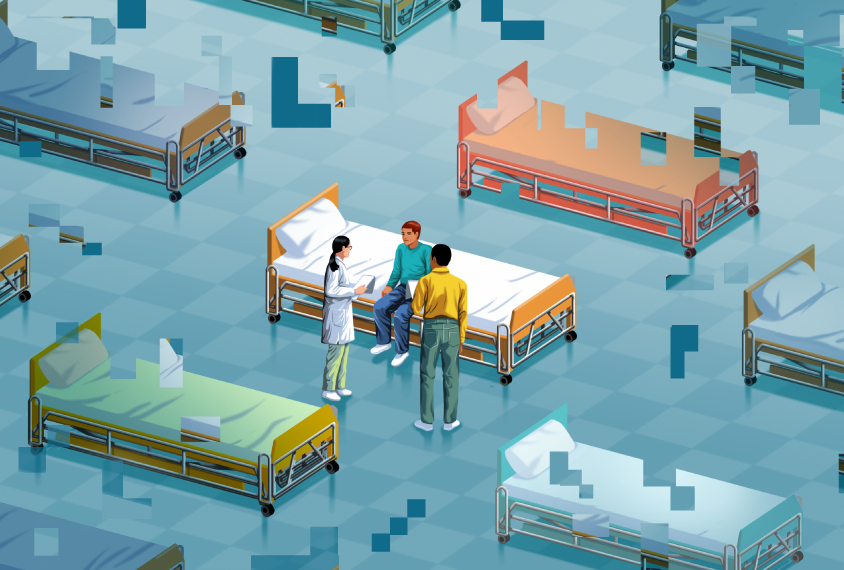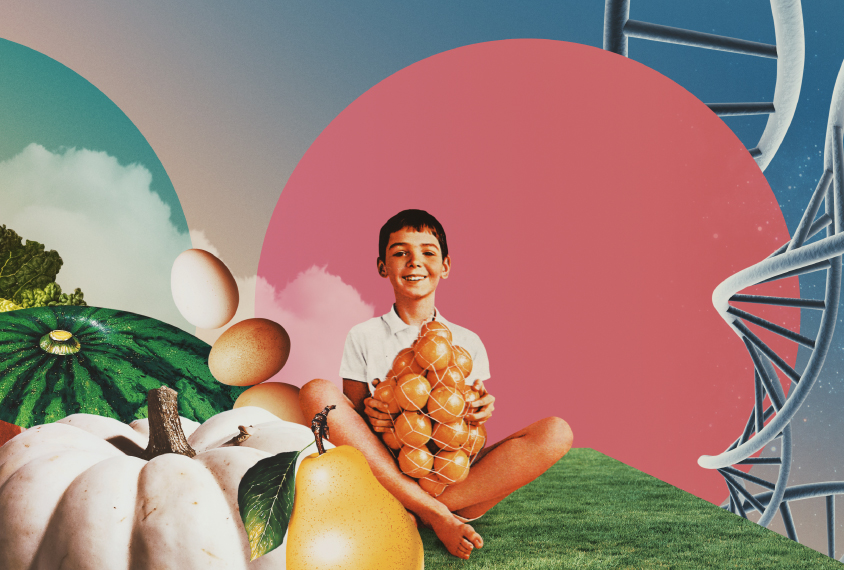Joseph Gleeson is professor of neurosciences and pediatrics at the University of California, San Diego.

Joseph Gleeson
Professor
University of California, San Diego
From this contributor
Lessons from n-of-1 trials: A conversation with Joseph Gleeson
Some conditions are too rare for conventional drug trials, leading some scientists to test bespoke treatments in single participants. Gleeson discusses the merits — and limitations — of these tiny trials.

Lessons from n-of-1 trials: A conversation with Joseph Gleeson
Diets may help autistic children with certain genetic profiles
No diet is likely to treat autistic people on a large scale, but diets based on a genetic profile may bring big benefits to a few.

Diets may help autistic children with certain genetic profiles
Explore more from The Transmitter
During decision-making, brain shows multiple distinct subtypes of activity
Person-to-person variability in brain activity might represent meaningful differences in cognitive processes, rather than random noise.

During decision-making, brain shows multiple distinct subtypes of activity
Person-to-person variability in brain activity might represent meaningful differences in cognitive processes, rather than random noise.
Basic pain research ‘is not working’: Q&A with Steven Prescott and Stéphanie Ratté
Prescott and Ratté critique the clinical relevance of preclinical studies in the field and highlight areas for improvement.

Basic pain research ‘is not working’: Q&A with Steven Prescott and Stéphanie Ratté
Prescott and Ratté critique the clinical relevance of preclinical studies in the field and highlight areas for improvement.
Proposed NIH budget cut threatens ‘massive destruction of American science’
A leaked draft of a Trump administration proposal includes an approximately 40 percent cut to the National Institutes of Health’s budget and a major reorganization of its 27 institutes and centers.

Proposed NIH budget cut threatens ‘massive destruction of American science’
A leaked draft of a Trump administration proposal includes an approximately 40 percent cut to the National Institutes of Health’s budget and a major reorganization of its 27 institutes and centers.